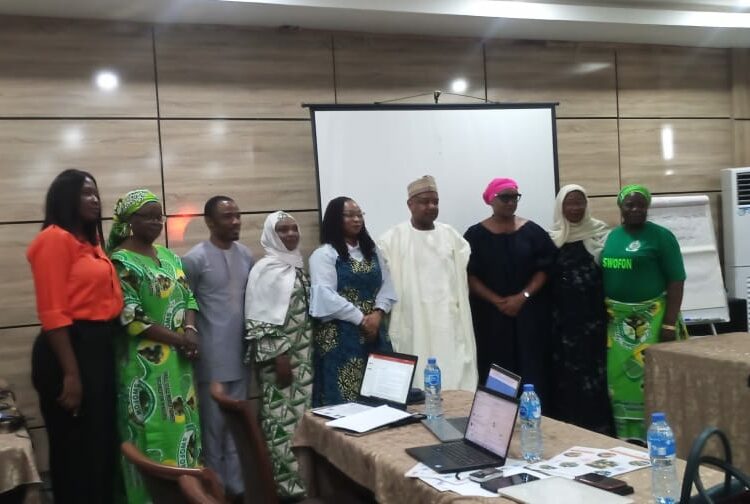The Minister of Budget and Economic Planning, Abubakar Bagudu, has stressed the urgent need to provide affordable energy solutions for women entrepreneurs, particularly in the face of rising energy costs.
At a one-day stakeholder dialogue held in Abuja yesterday, focusing on improving access to finance and promoting the adoption of renewable energy and energy-efficient technologies for Nigerian women in agriculture and trade, Bagudu highlighted that high energy costs are undermining the competitiveness of women-led businesses across the country, particularly in the production sectors.
“Women are struggling with high costs, and if we don’t find affordable solutions for them, they may not be able to compete effectively,” the Minister said.
He highlighted the importance of ensuring that any energy support is cost-effective, particularly as renewable energy solutions become more prominent.
However, he cautioned that while rural women might benefit more from renewable energy, the high initial costs pose significant challenges.
Bagudu proposed that renewable energy companies consider offering energy services directly to women entrepreneurs rather than simply selling energy tools.
This, he noted, would help women remain competitive while transitioning to cleaner energy sources.
He also commended the involvement of development partners in renewable energy initiatives, calling for greater innovation and collaboration to address the unique energy needs of women in business.
During the forum, Bagudu urged women to organize professionally and stay engaged in the democratic process to influence policies and decisions that directly affect them.
He pointed to several government programs aimed at supporting women entrepreneurs, including consumer credit systems designed to make renewable energy more affordable.
Reflecting on Nigeria’s broader energy transition, Bagudu cited the shift from petroleum to more affordable alternatives like compressed natural gas (CNG).
He stressed that adopting diverse and sustainable energy sources could significantly benefit women in trade, agriculture, and business.
The event also featured input from renewable energy experts, including Founder and CEO of SOSAI Renewable Energies Company, Habiba Ali.
Ali detailed her company’s efforts to understand and address the energy challenges faced by women-led businesses, noting the importance of collaboration with organizations such as the Women’s Chamber of Commerce, Industries, Mines, and Agriculture.
“We hosted a solutions lab to gather women from various sectors and hear directly about their energy challenges. The key issue that emerged was financing,” Ali said.
Following this, SOSAI organized a stakeholder consultation involving banks and development partners to explore financing options for renewable energy solutions for women.
Programme Manager at Heinrich Boell Stiftung, Donald Ikenna Ofoegbu
echoed these concerns, focusing on the importance of tailored financing models for women.
“We’ve designed business models with low-interest rates and flexible payment options to make clean energy more accessible,” Ofoegbu explained.
He also advocated for the establishment of a government-backed renewable energy fund to provide affordable credit to women’s businesses.
The event underscored the need for continued collaboration between the government, private sector, and development partners to advance women’s access to renewable energy and ensure their competitiveness in the economy.





